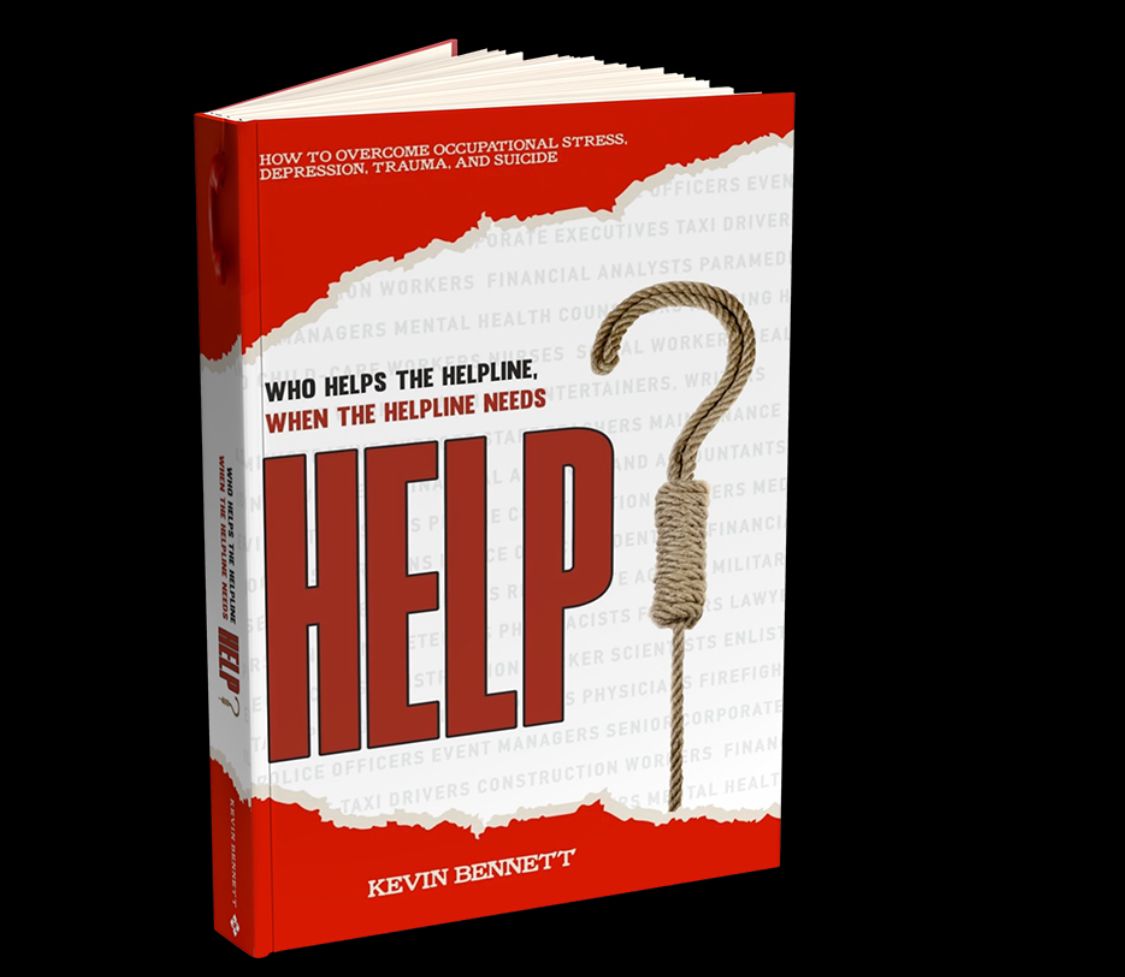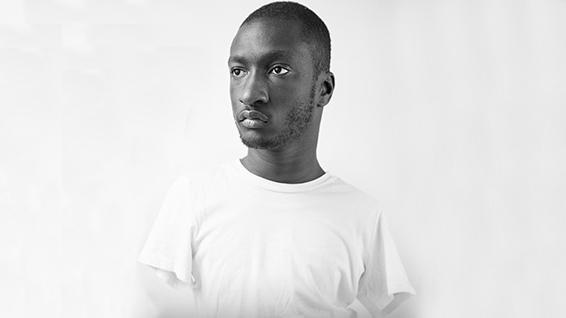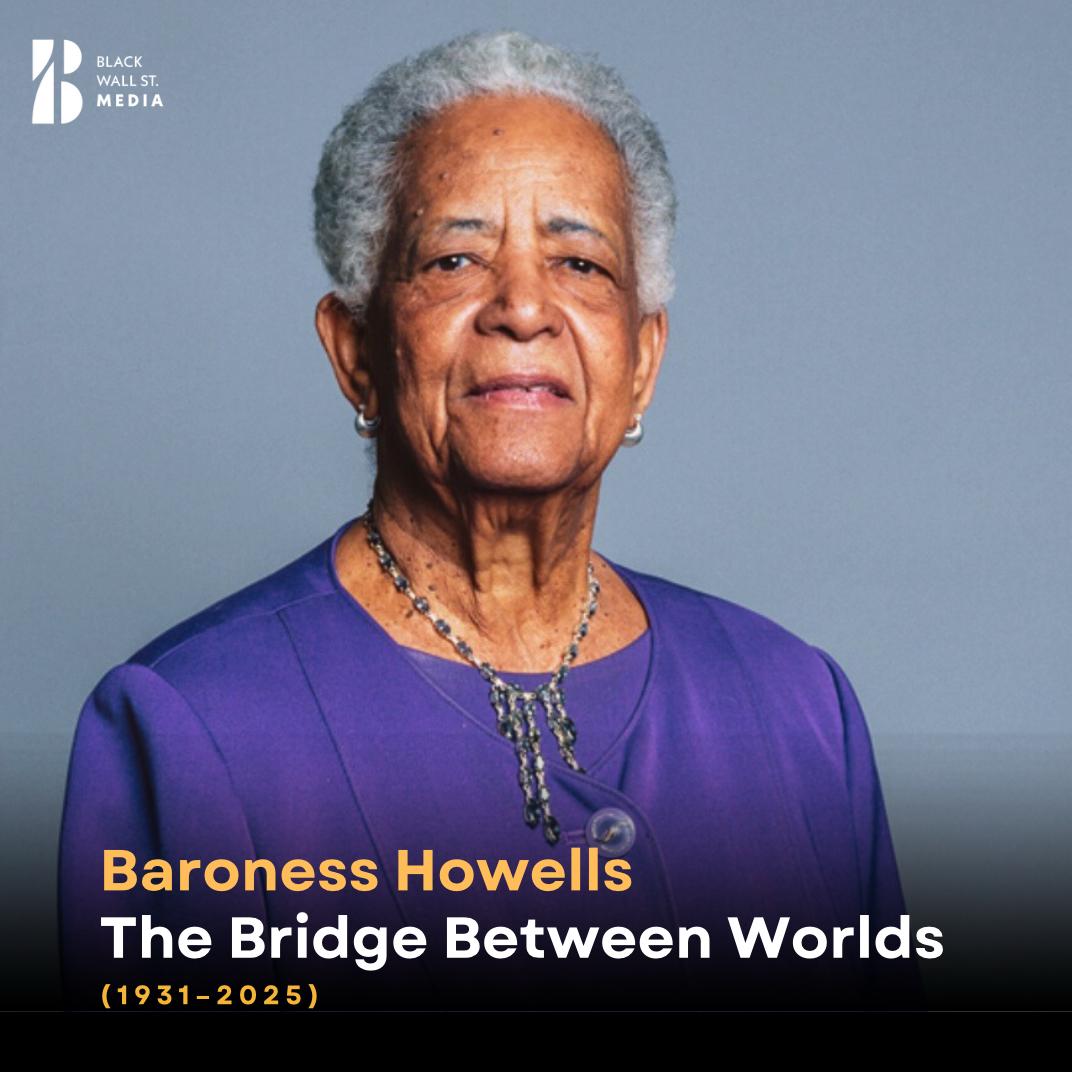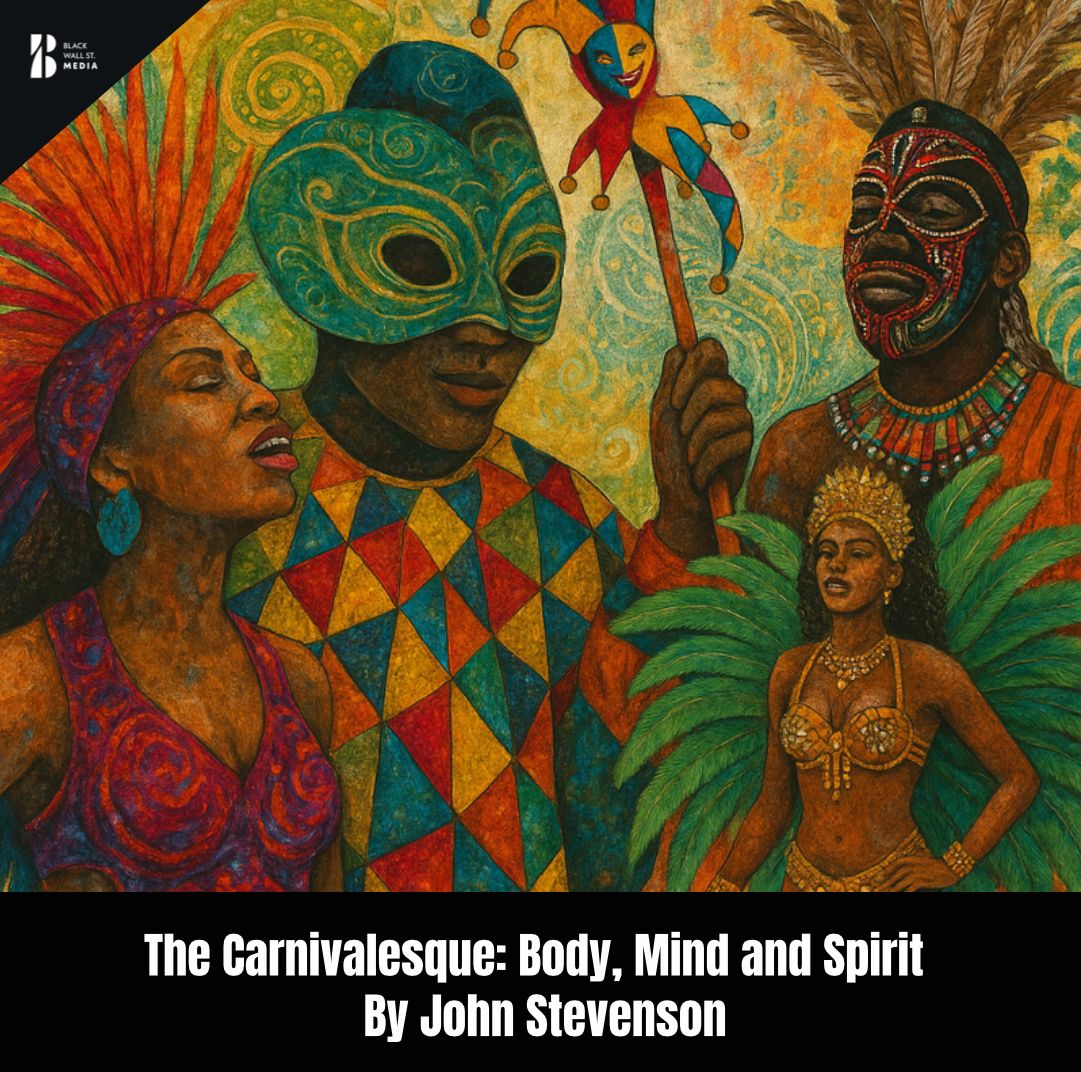Life hasn’t offered much ease lately. The shadow of COVID-19 has unsettled even the strongest minds, stirring fear, isolation, and unease. Some say a global mental health reckoning is at hand. And yet, in the quiet of reflection, I count it as grace — that it’s been a long while since I’ve felt the weight of not wanting to live.
I Had Passive Suicidal Ideation. Here’s What Everyone Should Know
We design A Perfect Fit for Black Women
We’re breaking barriers of one-size-fits-all culture of mainstream fashion to a more customised fit for you.
Contemporary African design
54kibo brings you exclusive luxury African decor for the home, office and other lifestyle spaces.
WHERE HERITAGE HITS HOME
The Cornrow is a homeware curation dedicated to celebrating a modern Black aesthetic.
When Suicidal Thoughts Don’t Mean You Want to Die
For years, I lived with what psychologists call passive suicidal ideation — thinking about death, but never planning it. Between my late teens and late twenties, these thoughts surfaced during hard times. I didn’t want to die; I just wanted to stop feeling.
“Anyone who expresses such thoughts needs to be heard,” says psychologist Dan Reidenberg, PsyD. “Passive ideation can be an early warning sign — and a chance for prevention.”
The pandemic only amplified mental health struggles for many. But one positive shift has been the rise in online therapy and support platforms like Talkspace or Supportiv, which can help those unable to access traditional services. If you use these, experts advise checking for privacy and ethical practices before signing up.
When a loved one hints at not wanting to exist, don’t shy away. “Talking about suicide doesn’t put the idea in someone’s head,” explains psychologist James Overholser, PhD. “It can actually provide relief.” Honest conversation — simply listening — can make a powerful difference.
For me, that openness was transformative. Speaking my thoughts out loud stripped them of their secrecy. I realized I wasn’t alone. Therapy, mindfulness, and a strong support network gradually quieted those intrusive thoughts.
Passive suicidal ideation is more common than many think. It often stems from depression, loneliness, or a sense of hopelessness. While it might feel manageable, experts warn that it can evolve into something dangerous without intervention.
Treatment helps. Cognitive Behavioral Therapy (CBT), medication, and lifestyle changes can reframe how we process pain. With the right care, people can — and do — recover.
The hardest step is often admitting there’s a problem worth treating. Many delay help because they feel their struggles aren’t “serious enough.” But every thought of not wanting to exist deserves attention and compassion.
If you’re having thoughts of suicide, call the National Suicide Prevention Lifeline at 1-800-273-TALK (8255) in the U.S. or the Samaritans at 116 123 in the U.K. You don’t have to face those thoughts alone.






























